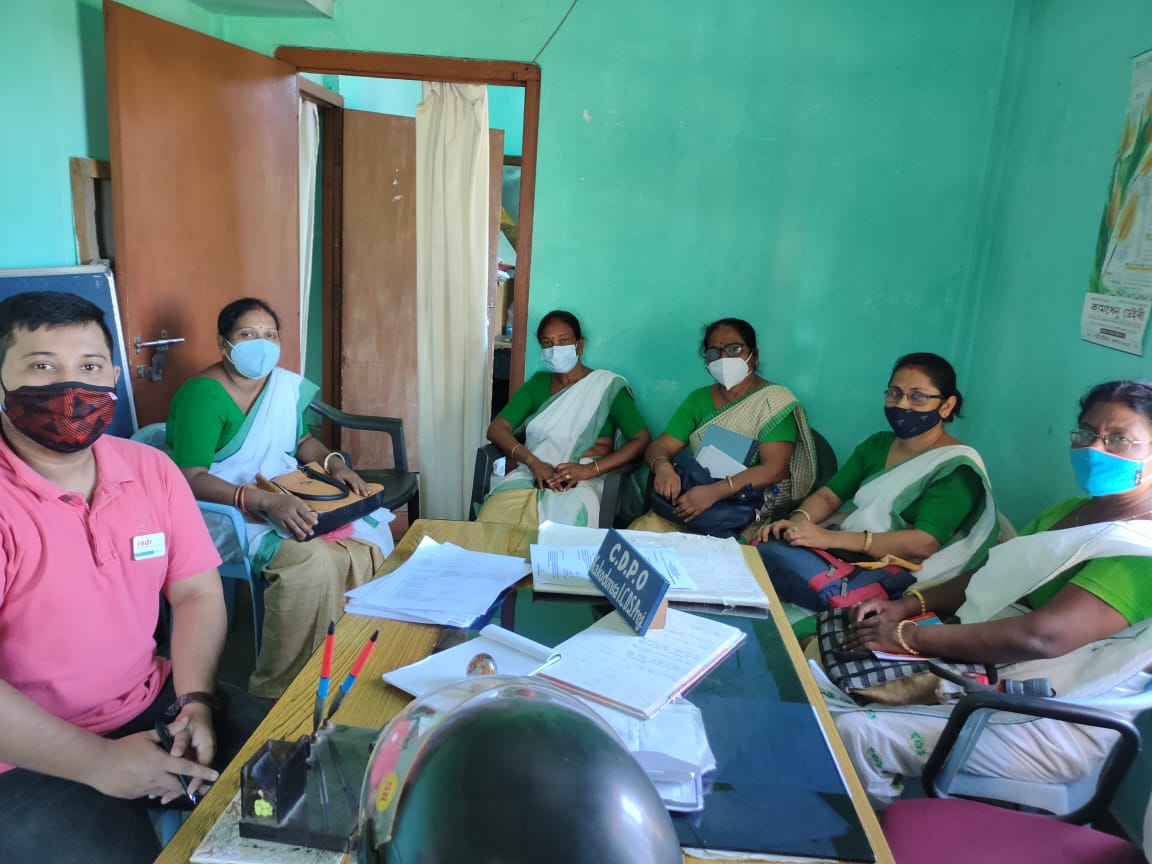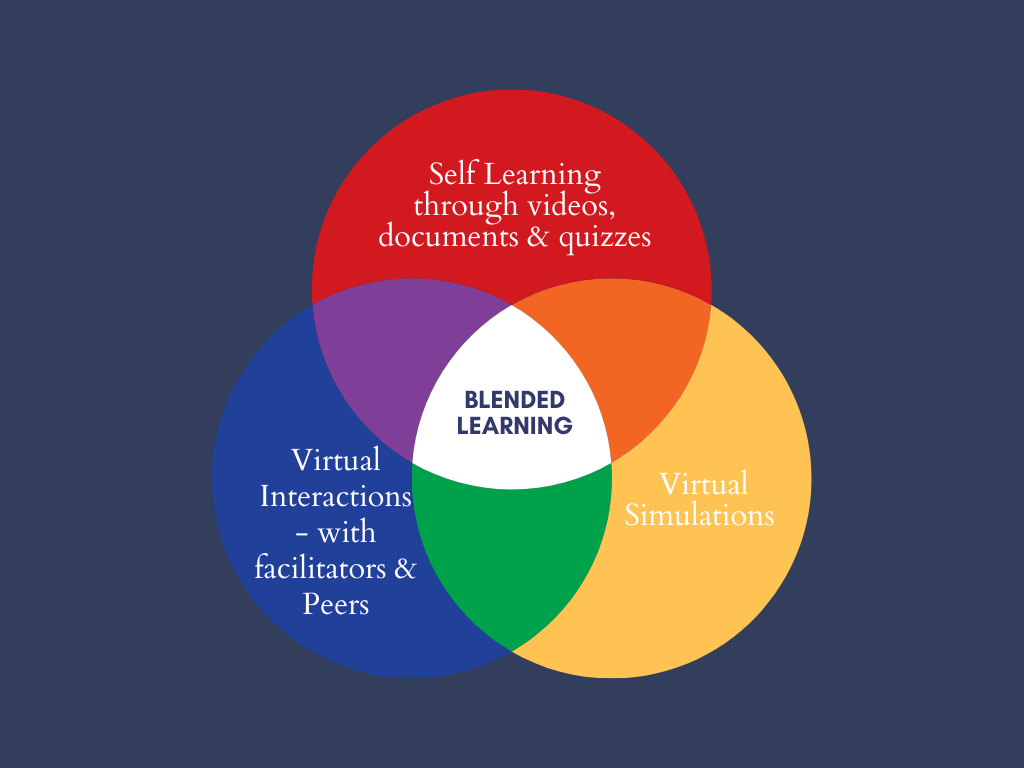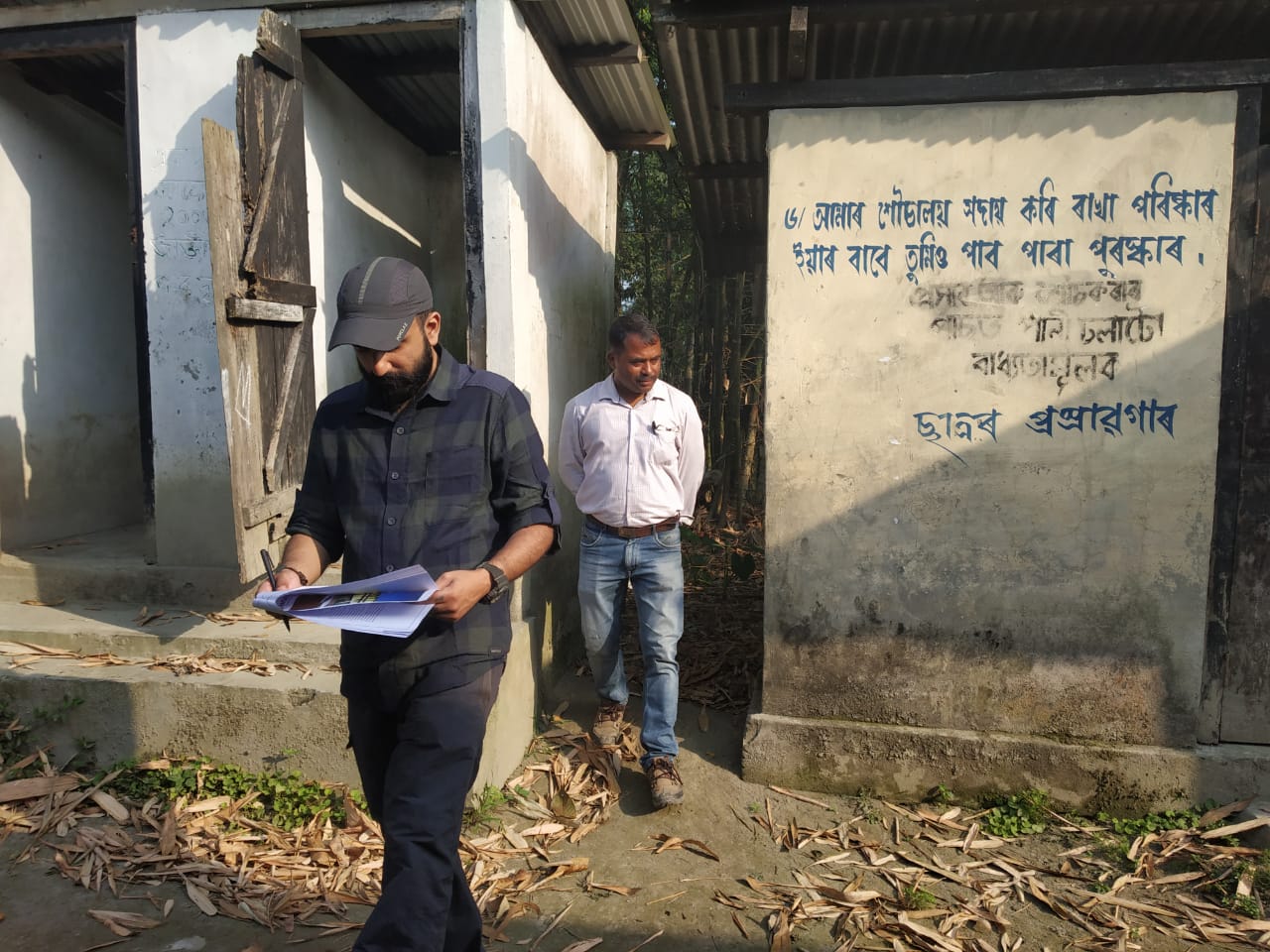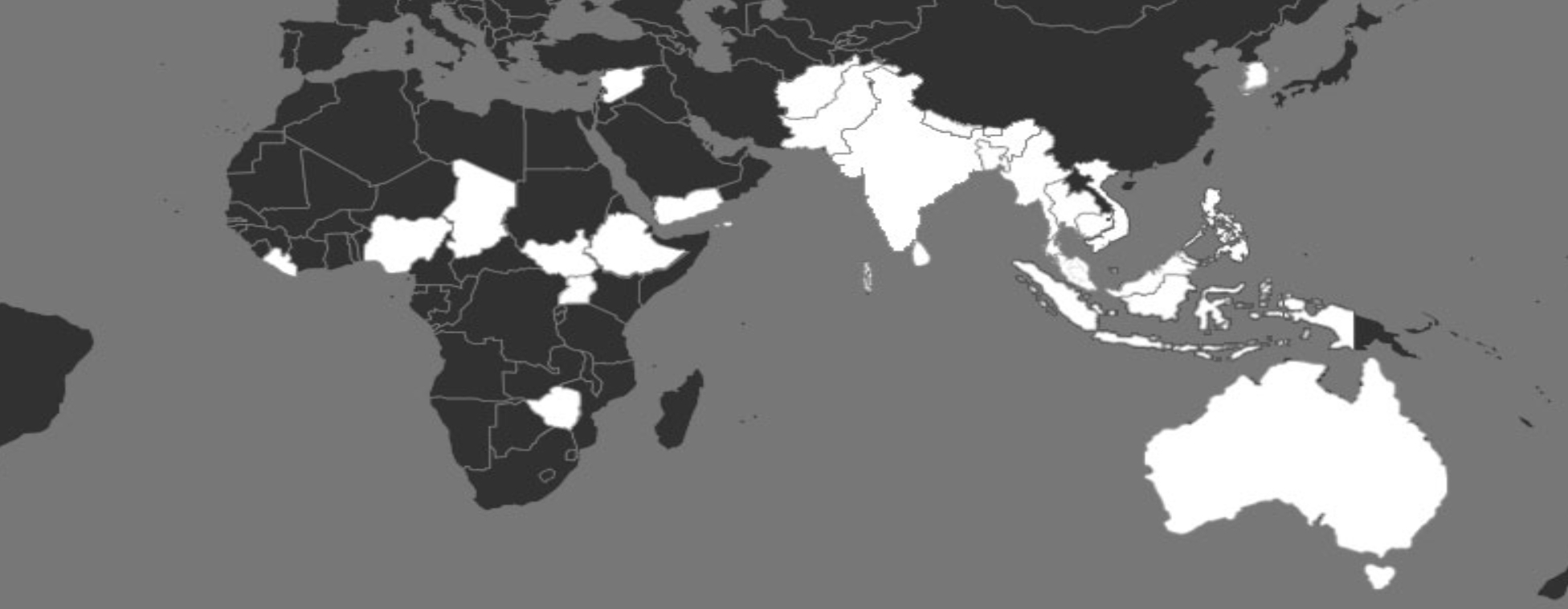
Envisioning and strengthening planning for Resilience and Preparedness for Response focusing on Children through improved planning in the States of Meghalaya, Nagaland and Assam – 2021
UNICEF Assam
North-East India is majorly affected by three main natural hazards i.e. floods, earthquakes and landslides. Of these, earthquakes are most unpredictable as they are responsible for tremendous loss of life and property. These earthquakes also change the course of many rivers and even impact their morphology. Considering the fragile eco-system of Assam, Nagaland and Meghalaya and their exposure to multiple-hazard coupled with socio-economic vulnerabilities, climate change and pandemics like COVID-19, a holistic intervention with key state and local level stakeholders became important.
RedR India in partnership with UNICEF Assam is working towards building institutional capacities of government agencies across the three North Eastern States on Risk Informed Planning and Preparedness. The project is focusing on the following components:
- Strengthening of disaster resilience in tea estates through enhanced capacities of stakeholders including adolescents and young people and also supporting an improved planning system for disaster risks management.
- Institutionalizing risk informed planning to ensure continuity of nutrition services and education during and post disasters in Assam.
- Strengthening systems and capacities for child centric risk informed planning and emergency preparedness for SDMA and Health departments in Meghalaya.
- Providing technical guidance and support to Nagaland for developing a strategic long term roadmap for disaster risk reduction.

Blended Learning Ecosystem for Humanitarian Action and Disaster Risk Reduction – 2021
HCL Foundation
The COVID-19 pandemic which began as a health emergency, started showing its adverse effects on education, livelihood, socio-economic security of various sections of society, especially the vulnerable groups. The situation triggered an unprecedented human and administrative response which required action at multiple fronts by the Government, Civil Society Organizations (CSO), Foundation Agencies, Charities as well as the citizens.
Amidst the challenge posed by restriction in mobility and congregation of people (Nationwide Lockdown), digital platforms for capacity building through knowledge dissemination were utilized by various agencies to build the capacities of the frontline workers. In the current scenario where in-person training is associated with a lot of risks, digital learning platforms are rays of hope to disseminate the knowledge and skills required in the 21st century.
Hence, HCL foundation and RedR India have collaborated to respond to this capacity building challenge for effective disaster preparedness and response in the future. The collaboration is set out to build a blended learning ecosystem for Humanitarian Action and Disaster Risk Reduction at the national level by providing fascinating learning experiences, online resources and tools. The blended courses hosted on the HCL Academy will enshrine the innovative nature of learning and capacity building in the humanitarian sector by encouraging multi-stakeholder partnerships.
For more information on our Blended Learning Courses, please click here.

Assam Flood Response 2020 Restoration of WASH in Schools – 2020
NSE Foundation-NEADS Assam
For decades, North East region of India has been a witness to natural disaster like landslides, flood, earthquake, hailstorm and human induced conflict. This case scenario is predominantly seen in the state of Assam, which is highly prone to floods. Although flooding is an annual feature in the state, the year 2020 saw that the flood impacted and inundated those areas which had remained relatively unaffected for the past 25 years. Further, the coronavirus pandemic exacerbated the disaster’s impact on the resident population as they remained under strain due to loss of income, owing to shut down of economic activities.
A survey conducted by the state education department found that, 667 primary schools and 34 high schools were damaged due to flood and erosion. Though a large number of buildings were badly affected, major impact was seen on the school buildings. Fortunately, nobody was affected since the schools were not in session at the time. Also, the lockdown situation prevented the government from completing pre-monsoon repairs on river embankments which led to further breaches and losses. Therefore, it can be understood that such emergencies are traumatic for everyone, especially children but schools provide them with a sense of normality as they are able to recover from the situation under a safe environment.
Based on the preliminary assessment and information collated from communities, panchayats and district administration, it was understood that a total of 103 schools were damaged in the districts of Golaghat and Jorhat. Therefore, RedR India joined hands with NEADS Assam and NSE Foundation to ensure access to safe drinking water facilities in 25 flood affected schools of Golaghat and Jorhat. Approximately 1200 children, their parents and teachers along with 5000 community members will indirectly benefit from this project. The focus areas of the intervention are as follows:
- Retrofitting and Repairing of WaSH infrastructure for making it child friendly and resilient.
- Building Functional and Technical Capacities of various stakeholders.
- Behavioural Change interventions on issues related to WsSH.


